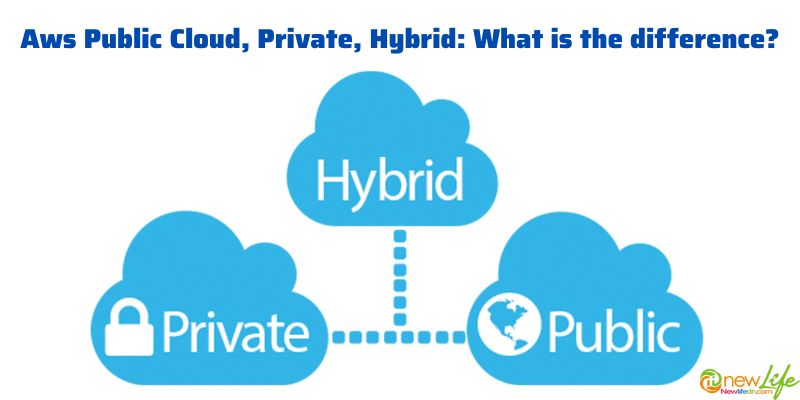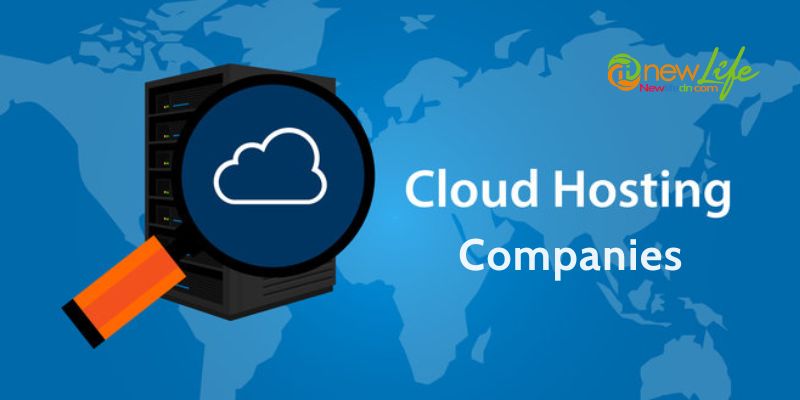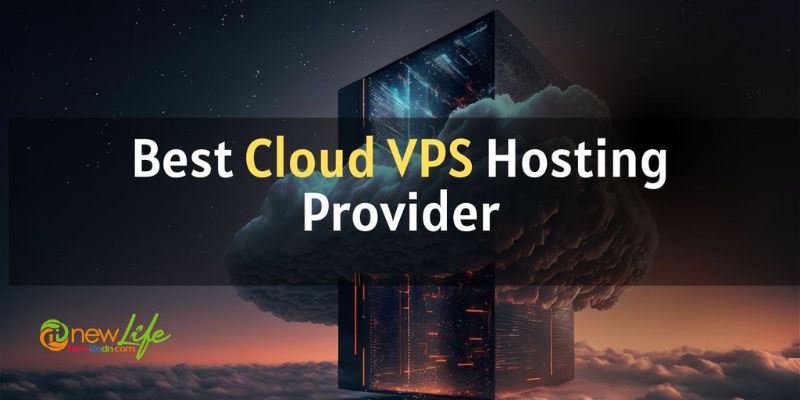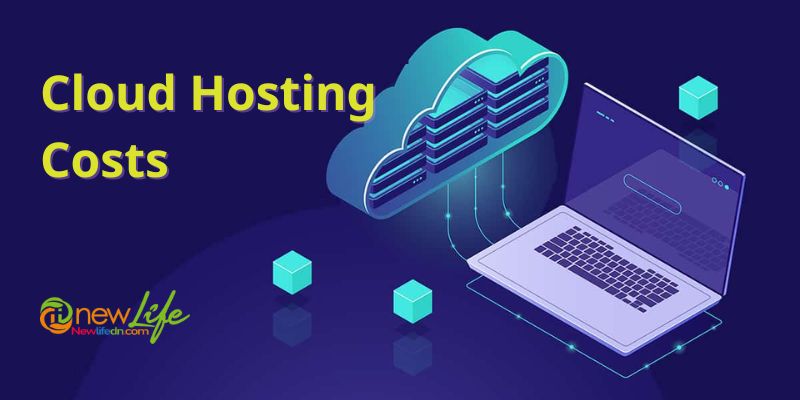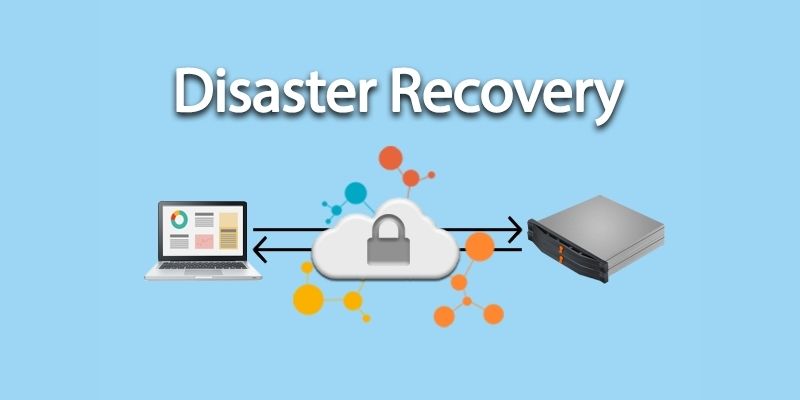Contents
Aws Public Cloud

Everyone has unrestricted access to the public cloud via the Internet. The services are offered by a third-party business. The three biggest public cloud service providers are Google Cloud Platform, Microsoft Azure, and Amazon Web Services (AWS). Customers can use a variety of providers’ services to access resources including computer power, infrastructure, storage space, apps, and much more. The variety of services accessible is always expanding.
The public cloud has a number of benefits, including low prices because services are typically priced based on usage, lower labor expenses because operating and maintaining IT resources is no longer necessary, and no investment expenditures for server hardware. Additionally, it provides excellent scalability and a variety of services. It may be configured fast to satisfy requirements. The company can quickly add extra storage if more is needed than was initially anticipated. In the article, newlifedn.com will the discover http://nhacchuongngan.com/aws-public-cloud-private-hybrid.html.
Public Cloud at a glance
-
Can be set up quickly according to requirements
-
Represents the most cost-effective of the three types of cloud
-
No control over the physical servers
Private Cloud
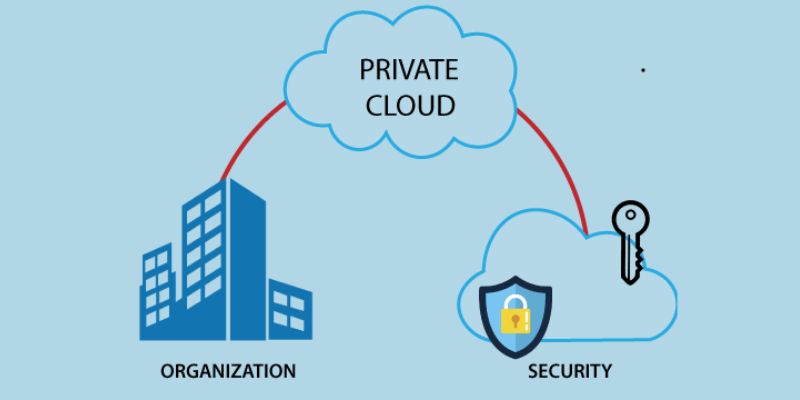
Exclusively for use by enterprises, the Private Cloud makes its cloud computing resources available. It is inaccessible to everyone, unlike the public cloud. The private cloud, for instance, might be housed in a business’s regional data center or by third parties using specific cloud services. Due to the high level of protection and control it offers thanks to private servers, financial institutions, governmental organizations, and other sizable companies with mission-critical activities frequently employ it.
The capacity to adjust the cloud environment to meet certain company demands is one of the benefits of adopting the private cloud. The organization’s internal demands are taken into account when determining the computer, storage, and network capacities, so they are not constrained by the limitations of the public cloud. The private cloud, on the other hand, gives exclusive control and security because it doesn’t have to be shared with other users.
However, given that the private cloud is the most expensive of the cloud kinds, disadvantages might reflect higher expenses. Using a private cloud leads in personnel, administration, and maintenance costs that are similar to those associated with running traditional data centers. It is not as simple to reduce costs as with the utilization of a public cloud. Utilizing a private cloud also entails a significant amount of administrative work because the internal IT department of the company is responsible for managing the private cloud. The cost of employing external solutions from outside suppliers is typically higher than using a public cloud.
Private Cloud at a glance
- uses private servers to govern and guarantee the security of sensitive data.
- Compared to other cloud kinds, is the most expensive.
-
Is less fast and flexible in adaptation.
Private Cloud vs. Aws Public Cloud
The two types of cloud computing are different in a number of important ways, including: Everyone has access to the public cloud’s services: Although each user in this scenario operates independently of the others, they all share the same resource pool. Only authorized users are allowed access to the cloud services in a private cloud. As a result, multiple users cannot share the resources. Additionally, a private cloud’s computing, storage, and networking capabilities can be tailored to the specific requirements of the enterprise. In contrast to a private cloud, a public cloud often cannot be customized to each particular customer with such precision.
However, the public cloud also has a few certain benefits to offer:
Advantages of the Aws Public Cloud
Savings include decreased labor expenses as IT resources become less necessary to operate and maintain, no investment expenditures for server infrastructure, and payment based on actual consumption.
Low administrative effort: Professional security management is provided by the appropriate provider, who also installs upgrades.
focusing on the main business
Flexibility: Since the public cloud is not bound to a particular place, it is reachable from anywhere using the open Internet.
High scalability: With the global AWS infrastructure, businesses may be very adaptable and benefit from the cloud’s theoretically limitless scalability.
Hybrid Cloud
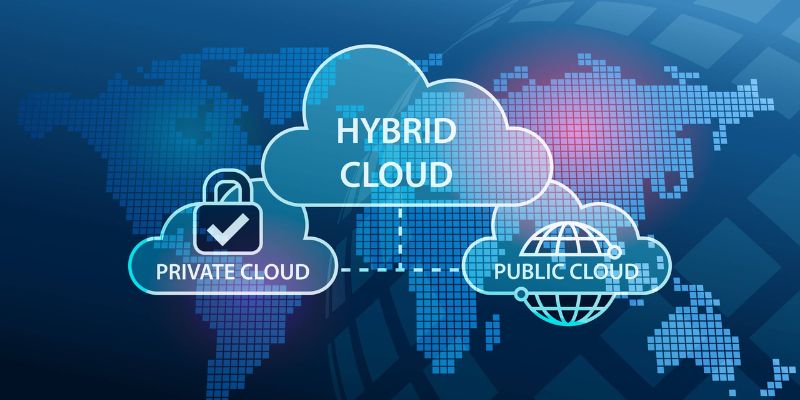
In a single cloud model, the so-called hybrid cloud combines the benefits of both private and aws public clouds. The organization’s data is spread out across a private cloud and a aws public cloud. Because some services can only be utilized internally, as in a private cloud, the hybrid cloud not only fits the growing security and data protection concerns in organizations but also offers a comparably high level of flexibility and the frequently cheaper prices of the aws public cloud. As a result, businesses get cost savings, keep their flexibility, and are able to safely store important data internally. Users can transition between different cloud types in the hybrid cloud at any moment without having their productivity hampered.
Hybrid Cloud at a glance
- combines the cost savings and flexibility of the public cloud with the greater security of the private cloud.
- lies at the middle of the price spectrum.
- is produced on both public and private, extremely secure systems.
